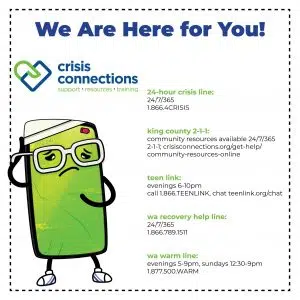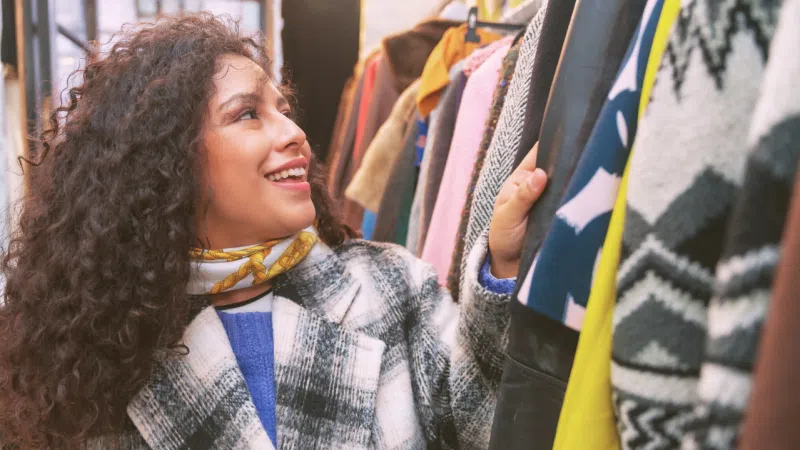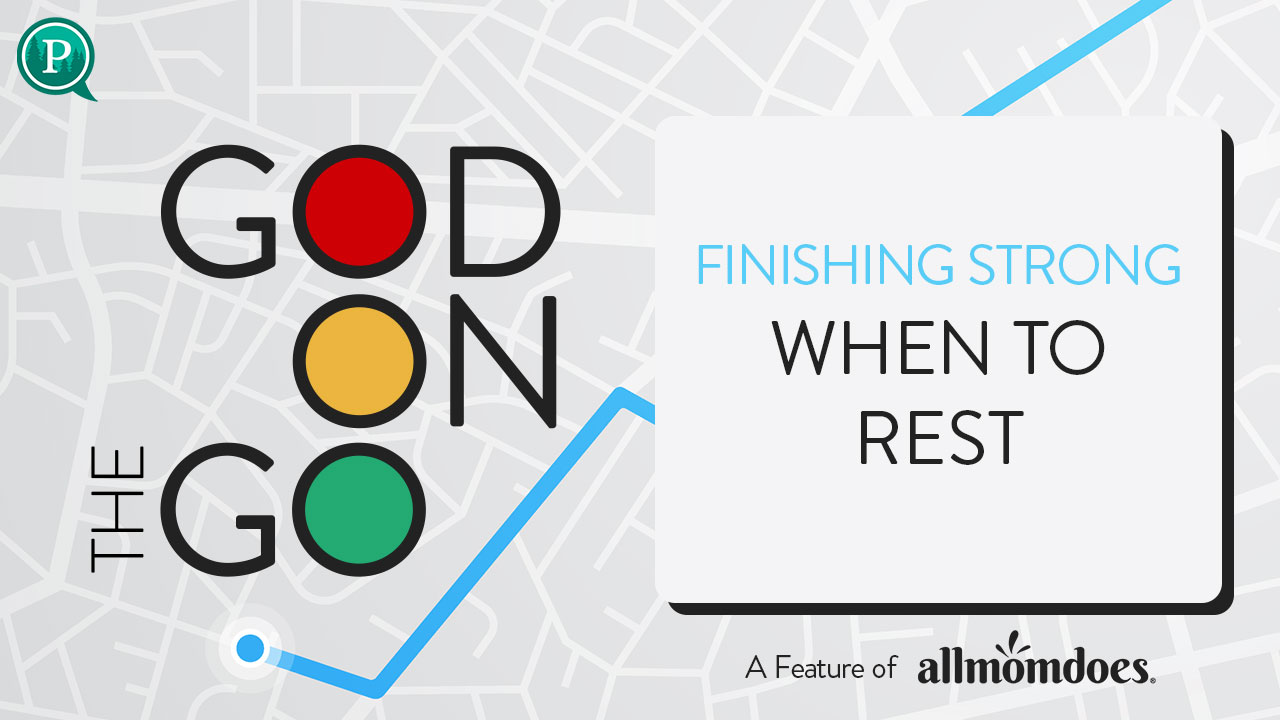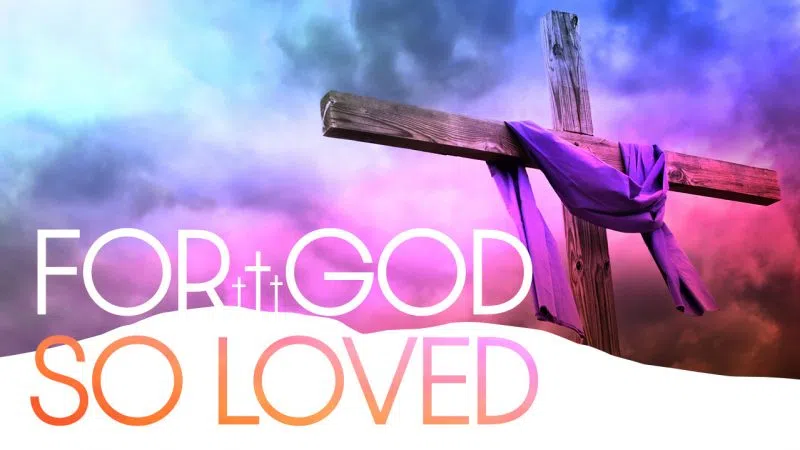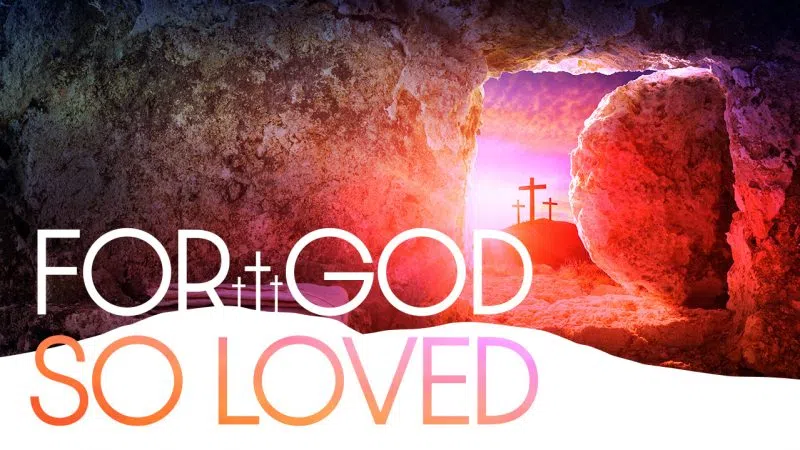During late June, 40% of U.S. adult reported to the CDC that they were struggling with mental health and substance abuse. Considering that was 4 months ago, I can only imagine that number continues to rise.
This post is sponsored by Washington Recovery Help Line.
As we continue to learn how to deal with the world we are currently living in during this pandemic, it is essential to find ways to deal with stress in a healthy way to help you, the people you care about, and the community around you stronger.
We are Made for Community
We have to help one another. Even if we can’t get together in person, we can FaceTime, Zoom or reach out in other ways to connect with people close to us. It may take additional effort, but it is essential to make connections. If technology is hard for you, consider reaching out to your immediate neighbors to develop friendships. We need to feel that community.
Take a Break From The News
We have to be very aware of what we are putting in our minds. Take a break from watching, reading or listening to the news. This includes social media. Hearing about the pandemic constantly and the ever-growing divisiveness of the world can have a profoundly negative impact on the mind. Fill your mind with the good!
Take Care of Your Body
You have to get moving. It is hard as the weather turns cold and rainy to get moving. We want to curl up under a blanket and simply stay in one place. However, we need to keep our bodies moving to keep our energy up. It has a big impact on our mental state when we can just move. Make sure you are not just snacking, eat-healthy meals and get plenty of rest.
Seek Treatment and Help
It’s okay to need help. We could never have expected the toll 2020 would take. That’s why programs like The Washington Recovery Help Line are so important. Washington Recovery Help Line is a program of Crisis Connections and it offers an anonymous, confidential 24-hour help line for Washington State residents. This help line is for those experiencing substance use disorder, problems gambling, and/or a mental health challenge. Their professionally-trained volunteers and staff provide emotional support. They can also connect callers with local treatment resources or more community services.
We want you to get the support and community you need to get through this time. Don’t be afraid to reach out. There is no shame and no guilt when you need someone to walk with you.

